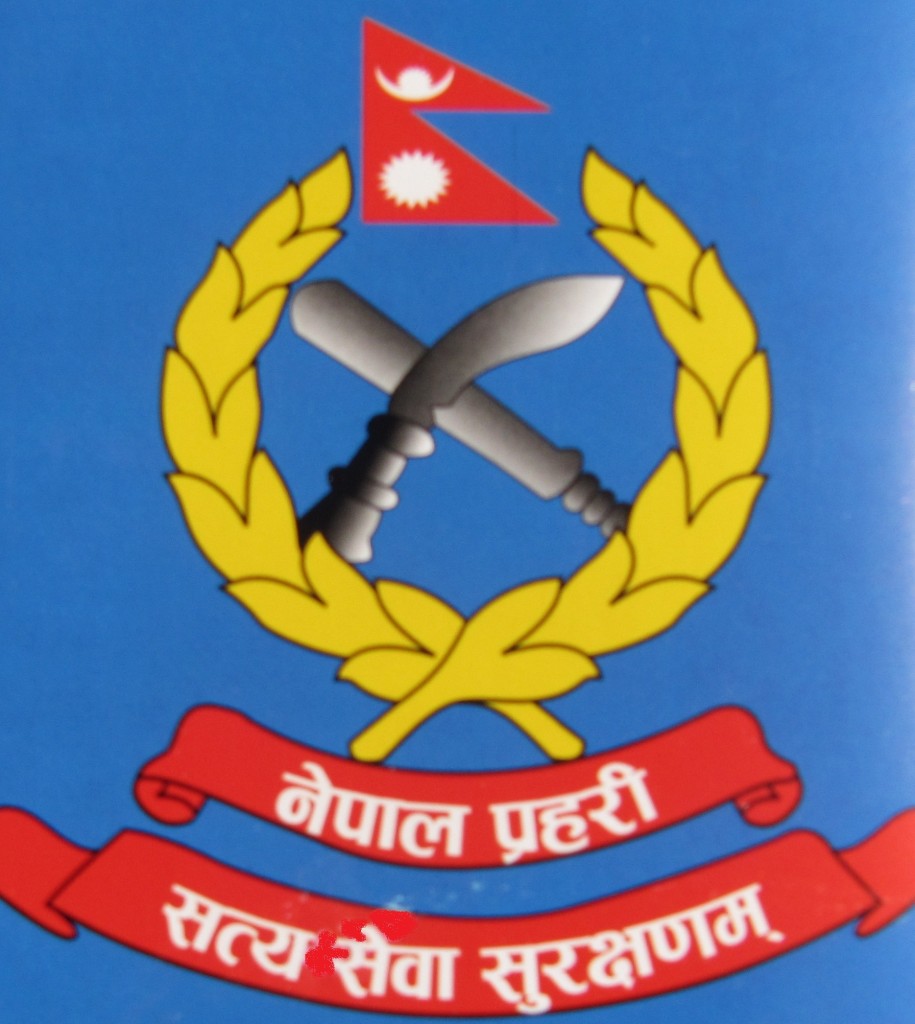Nepal Police expands units to all 753 local levels
Kathmandu, September 1
Nepal Police has completed the process of expanding its units to all 753 local levels as part of restructuring and mobilisation of the security agency in line with the federal set-up.
Senior Superintendent of Police Shailesh Thapa Kshetri, who is also the Nepal Police spokesperson, told THT that all local levels had come under the security coverage after the establishment of 30 units in various parts of the country. Earlier, Nepal Police was not present in four municipalities and 26 municipalities.
“The expansion of police units will give people a sense of peace and security and ensure delivery of service in their neighbourhood. It aims to implement federalism and strengthen security throughout the country by giving equal treatment to all local levels,” he said.
As many as 1,065 personnel have been deputed to the newly set up 30 units in local levels of Udayapur, Bara, Siraha, Parsa, Rautahat, Mahottari, Saptari, Sarlahi, Lalitpur, Bajura, Bajura, Dolakha, Sindhupalchowk, Makwanpur, Nuwakot, Kaski, Palpa, Rupandehi, Salyan, Kalikot, Surkhet, Doti and Bajhang.
As many as 14 and 16 units are headed by inspectors and sub-inspectors, respectively. According to Nepal Police, this move is also consistent with the 82-point Home Administration Reforms Action Plan made public by Minister of Home Affairs Ram BahadurThapa and a 10-point priority area envisaged by Inspector General of Police Sarbendra Khanal.
“The police personnel mobilised in the new units were deputed from the headquarters and then zonal police offices. Earlier, there were 14 zonal police offices which we dissolved and established seven provincial police offices. It helped us distribute personnel in local levels on the basis of security threat and population,” SSP Kshetri said.
Earlier, the Cabinet had approved 3,101 new posts in Nepal Police, of which 1,600 posts were recently fulfilled. The addition of new posts was to ensure that all local levels had police units under their concerned province.
The Cabinet had also decided to lower the number of posts of additional inspectors general of Nepal Police and Armed Police Force as part of the restructuring exercise, while agreeing in principle to give a go-ahead to the Ministry of Home Affairs and the authorities concerned to formulate a ‘Bill on Operation, Supervision and Coordination of Performance of Federal Police and Provincial Police’. This bill will demarcate the functions, duties and powers of the federal and provincial police.
The process of restructuring police organisation has been expedited as courts and many other government bodies have already started operating under the federal set-up. More than one-and-a-half years have elapsed after a task force led by former Inspector General of Police Kuber Singh Rana submitted a report on restructuring Nepal Police to the MoHA, but the government has yet to finalise the Federal Police Bill and Provincial Police Bill.






